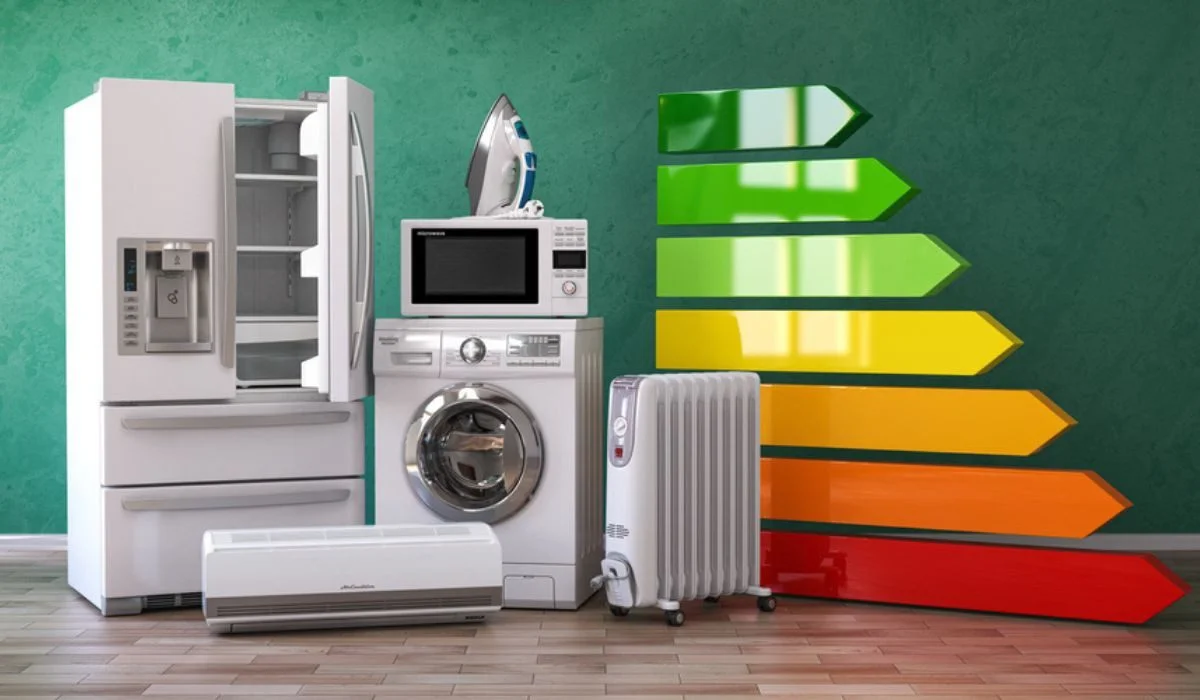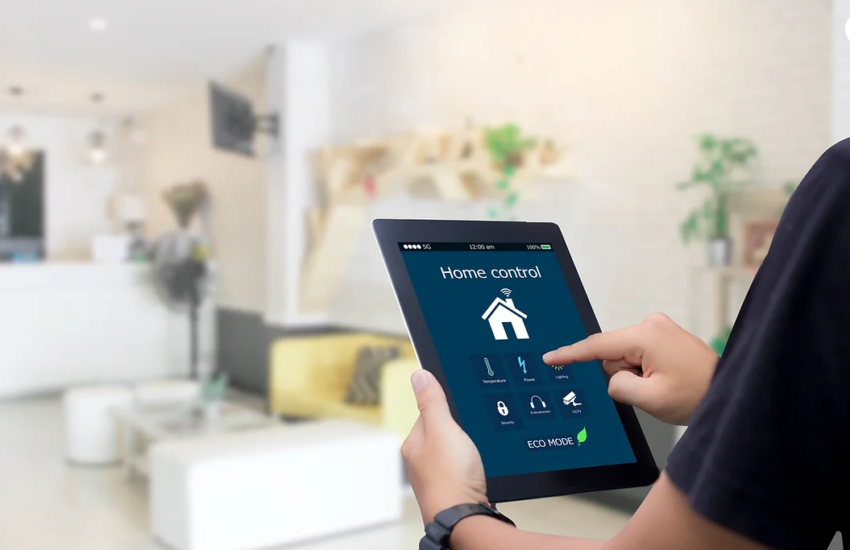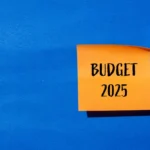Maximizing Energy Efficiency: The Benefits of Energy-Efficient Appliances
In an era of increasing environmental awareness and rising energy costs, the importance of energy efficiency cannot be overstated. Energy-efficient appliances offer a multitude of benefits, from reducing utility bills to minimizing carbon emissions and preserving natural resources. In this guide, we’ll explore the significance of energy-efficient appliances and highlight the advantages of incorporating them into your home.
Understanding Energy Efficiency
Energy efficiency refers to the ability of appliances and systems to perform their intended functions while consuming the least amount of energy possible. Energy-efficient appliances are designed to minimize wasted energy and operate more efficiently than their conventional counterparts, resulting in significant cost savings and environmental benefits over time.
Advantages of Energy-Efficient Appliances
1. Lower Utility Bills
One of the most significant benefits of energy-efficient appliances is their ability to reduce energy consumption and lower utility bills. By using less energy to perform the same tasks, energy-efficient appliances help homeowners save money on electricity, gas, and water bills month after month. Over time, these savings can add up significantly, offsetting the initial investment in energy-efficient appliances.
2. Environmental Benefits
Energy-efficient appliances contribute to environmental sustainability by reducing greenhouse gas emissions and conserving natural resources. By consuming less energy, these appliances help decrease the demand for fossil fuels such as coal, oil, and natural gas, which are major contributors to air pollution and climate change. Additionally, energy-efficient appliances often require fewer resources to manufacture and operate, further reducing their environmental footprint.
3. Enhanced Performance and Durability
Contrary to popular belief, energy-efficient appliances are not only better for the environment but also for performance and durability. Many energy-efficient appliances are equipped with advanced features and technologies that improve functionality and reliability. From innovative sensors and controls to high-quality materials and construction, these appliances are designed to deliver superior performance and longevity compared to conventional models.
4. Rebates and Incentives
Many utility companies and government agencies offer rebates, incentives, and tax credits to encourage the adoption of energy-efficient appliances. These financial incentives can help offset the upfront cost of purchasing energy-efficient appliances, making them more affordable for homeowners. Additionally, some municipalities may offer free energy audits or low-interest financing options to help homeowners transition to energy-efficient appliances and reduce their overall energy consumption.
Key Features of Energy-Efficient Appliances
When shopping for energy-efficient appliances, look for the following key features and certifications:
- ENERGY STAR® Rating: ENERGY STAR® is a widely recognized symbol of energy efficiency, indicating that a product meets strict energy efficiency criteria set by the U.S. Environmental Protection Agency (EPA). Look for appliances with the ENERGY STAR® label to ensure optimal energy performance and savings.
- High Energy Efficiency Ratio (EER): The EER measures the energy efficiency of cooling systems such as air conditioners and heat pumps. Look for appliances with a high EER rating to ensure efficient cooling and lower energy costs.
- WaterSense Certification: WaterSense is a program sponsored by the EPA that promotes water efficiency and conservation. Look for appliances such as faucets, showerheads, and toilets with the WaterSense label to reduce water usage and lower utility bills.
Incorporating Energy Efficiency into Your Home
From refrigerators and washing machines to HVAC systems and water heaters, there are numerous opportunities to incorporate energy efficiency into your home. Here are some tips for maximizing energy efficiency:
- Upgrade Appliances: Replace old, inefficient appliances with ENERGY STAR® certified models that use less energy and water.
- Seal and Insulate: Seal air leaks and add insulation to your home to improve energy efficiency and reduce heating and cooling costs.
- Use Smart Technology: Invest in smart thermostats, lighting controls, and energy monitoring systems to optimize energy usage and reduce waste.
- Practice Energy Conservation: Adopt energy-saving habits such as turning off lights and appliances when not in use, using cold water for laundry, and adjusting thermostat settings seasonally.
Investing in Your Future with Energy Efficiency
By investing in energy-efficient appliances, you’re not only saving money on utility bills but also contributing to a more sustainable future for generations to come. From reducing environmental impact to enhancing performance and durability, the benefits of energy-efficient appliances are undeniable. So take the first step towards a more energy-efficient home today and reap the rewards for years to come.







